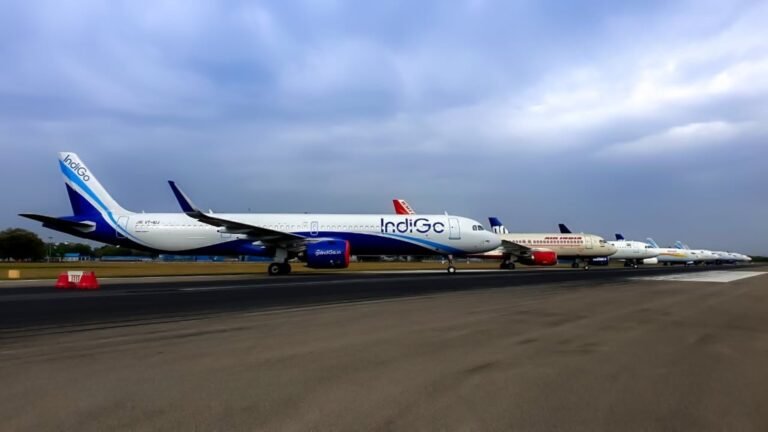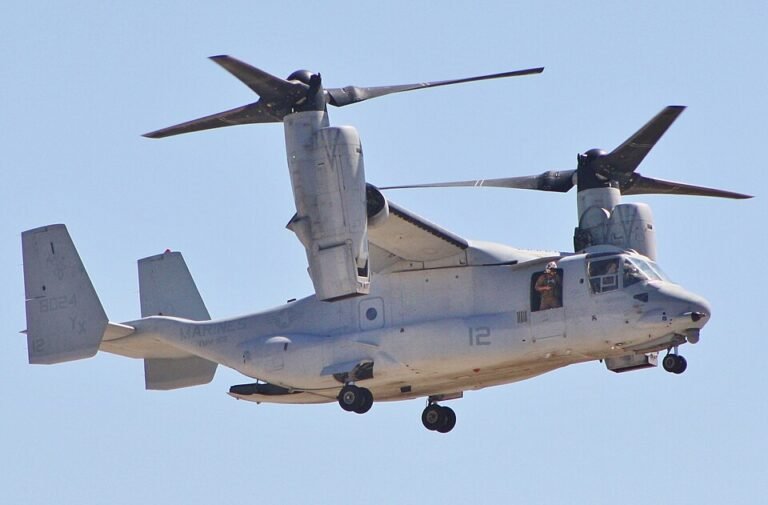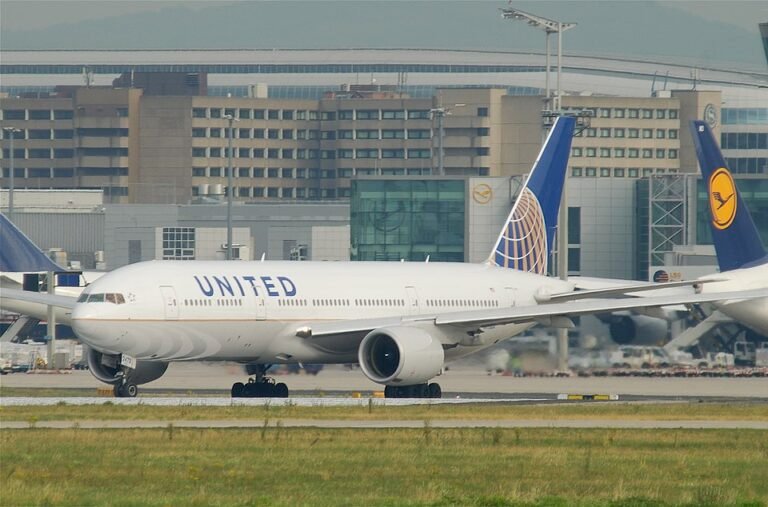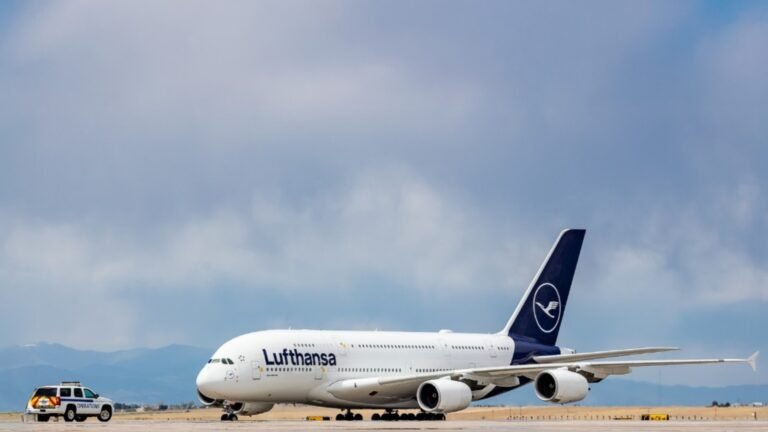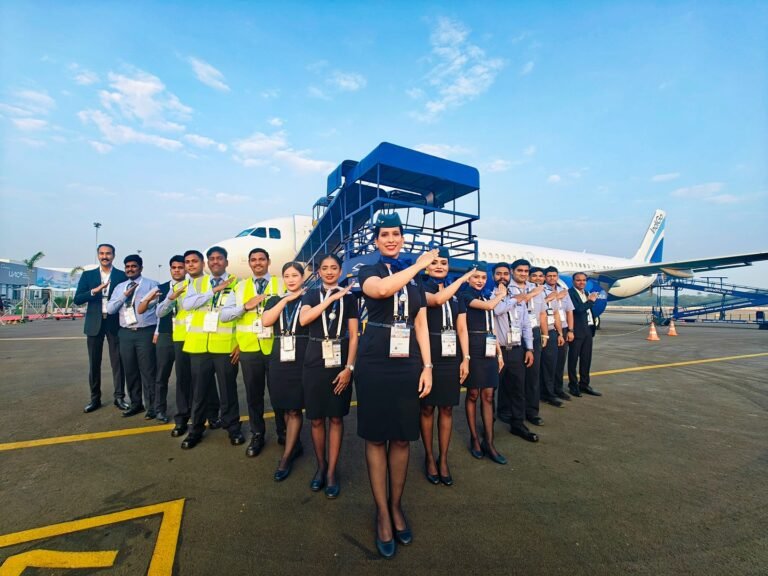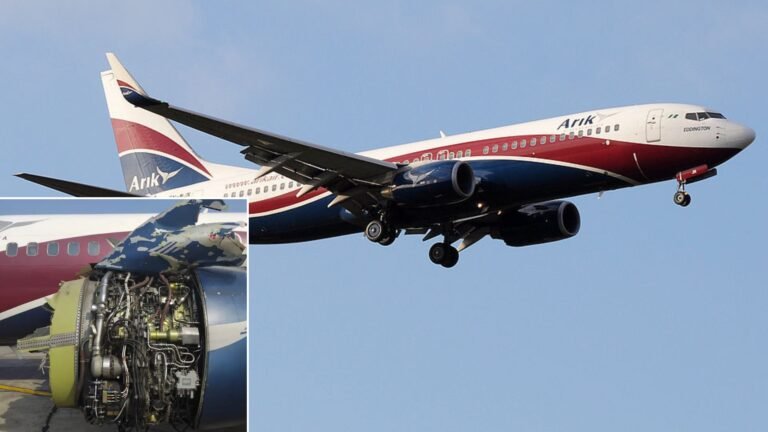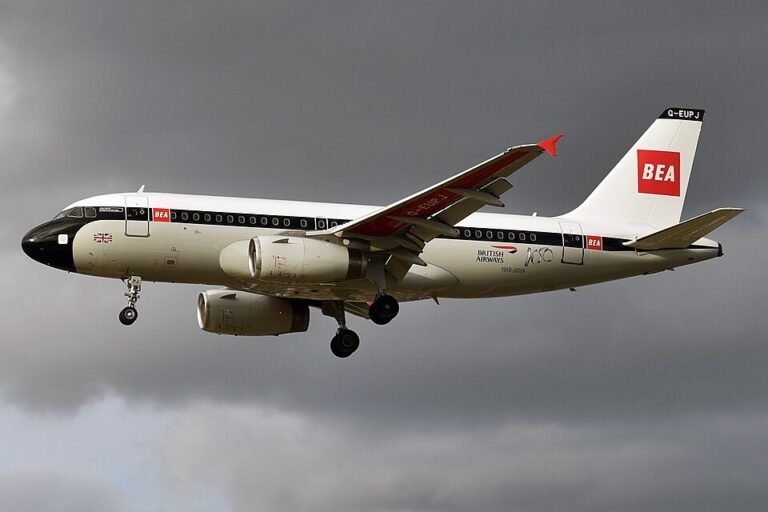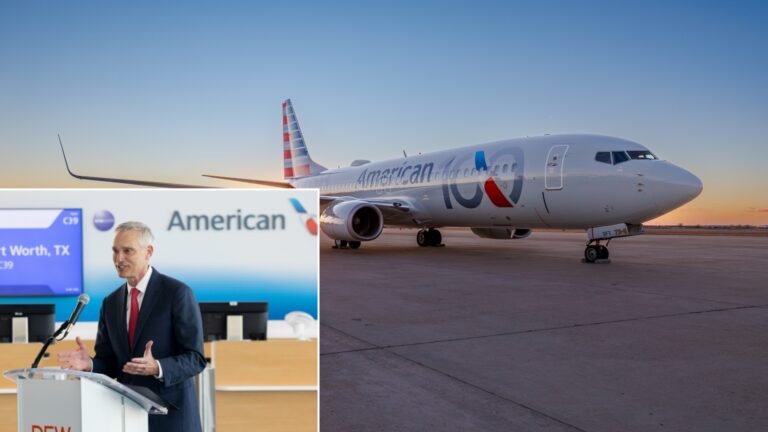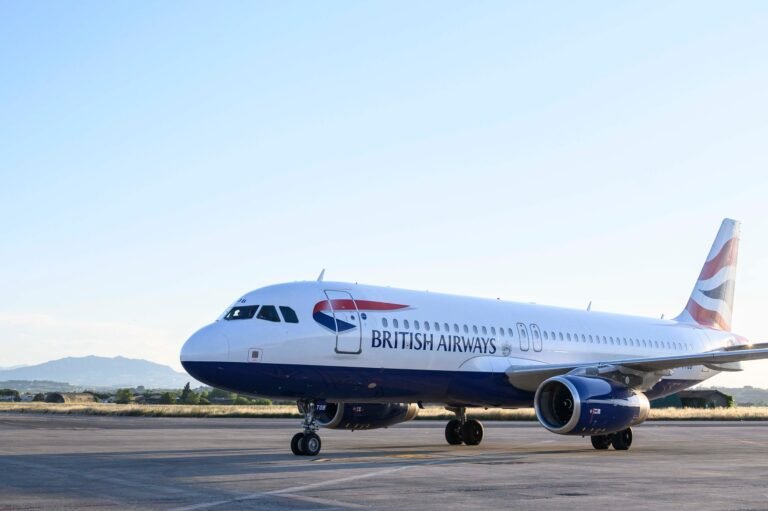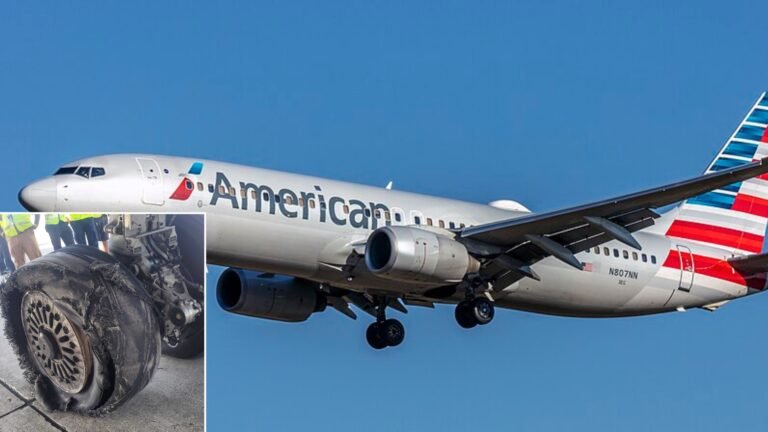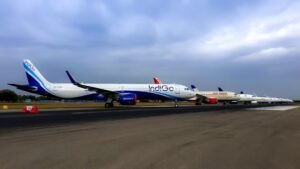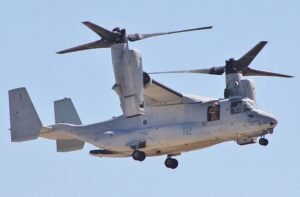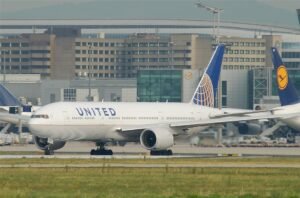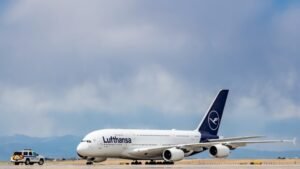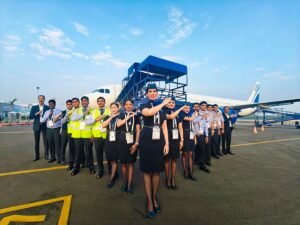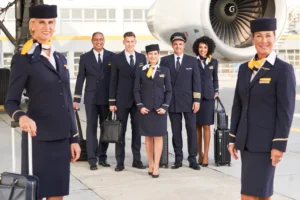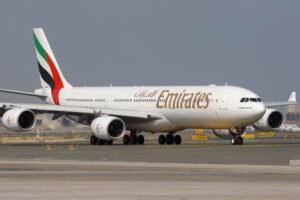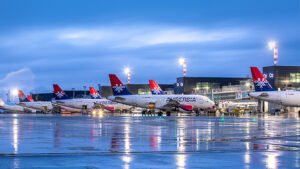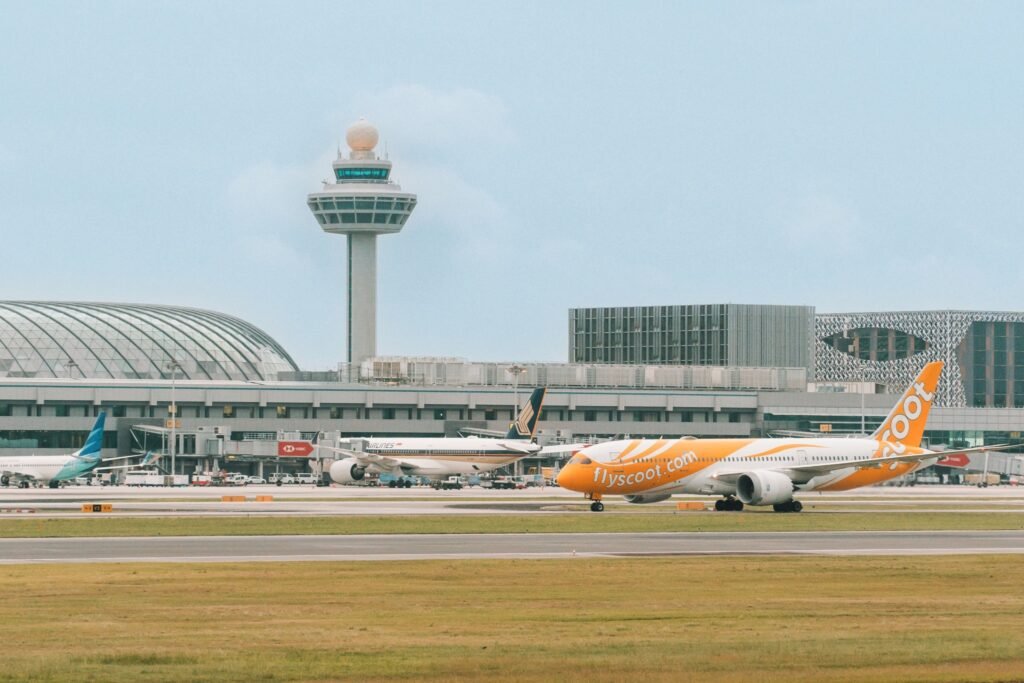
Singapore: Passengers flying out of Changi Airport and Seletar Airport will soon pay a new Sustainable Aviation Fuel (SAF) levy starting in 2026, as part of Singapore’s drive to reduce the aviation sector’s carbon emissions and support global decarbonisation goals.
According to the Civil Aviation Authority of Singapore (CAAS), the levy will apply to tickets issued from April 1, 2026, for flights departing on or after October 1, 2026. The collected funds will be channelled into purchasing sustainable aviation fuel, helping airlines transition away from fossil-based jet fuel.
Under the new system, passengers will pay different levy rates depending on destination zones and cabin classes:
- Band 1 – Southeast Asia: Economy S$1 | Premium S$4
- Band 2 – Northeast Asia, South Asia, Australia & Papua New Guinea: Economy S$2.80 | Premium S$11.20
- Band 3 – Africa, Europe, Middle East, Pacific Islands, Central & West Asia: Economy S$6.40 | Premium S$25.60
- Band 4 – The Americas: Economy S$10.40 | Premium S$41.60
Transit passengers passing through Singapore will be exempt from the levy. The scheme will also cover cargo operators, business aviation, and general aviation flights, which will pay a SAF contribution based on aircraft weight or cargo load.
CAAS stated that the initiative is a market-based mechanism designed to accelerate the uptake of SAF in a cost-effective and transparent manner. The authority said the levy would make the cost of cleaner fuel predictable for airlines and travellers while ensuring funds are ring-fenced for SAF purchases.
“The SAF levy is a key part of Singapore’s decarbonisation framework for aviation. It enables us to make steady progress towards our targets while maintaining competitiveness as a global air hub,” CAAS said in a statement.
Singapore’s aviation decarbonisation roadmap targets at least 1 % SAF usage by 2026, increasing to 3 %–5 % by 2030, depending on supply availability and cost developments. The levy rates could be adjusted in future as the SAF blend ratio rises.
Globally, sustainable aviation fuel remains more expensive than conventional jet fuel typically costing two to five times more but is widely regarded as the most immediate tool to cut aviation’s carbon footprint. Singapore’s move follows similar measures adopted in the European Union and Japan, and could set a precedent for other Asian hubs exploring SAF mandates or incentives.
The initiative complements broader efforts under the International Civil Aviation Organization’s (ICAO) CORSIA framework, which aims for net-zero carbon emissions from international aviation by 2050.
By creating a structured and transparent levy system, Singapore aims to send a clear demand signal to fuel producers and investors, potentially attracting SAF production and supply-chain projects to the region.

